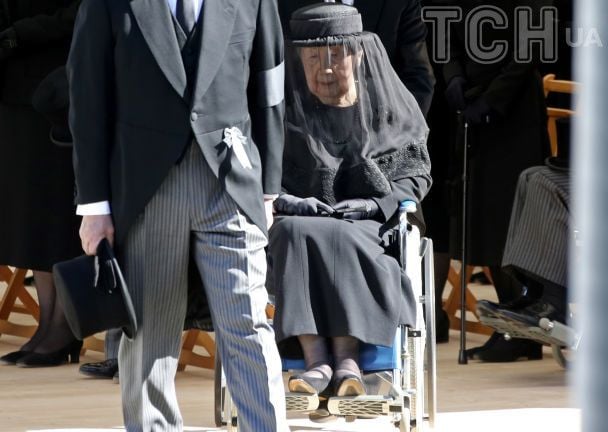From the right: the plaintiff man and his wife and child. The portrait was drawn by the plaintiff’s child (November 18, 2024 / Bengo4.com)
November 18, 2024 15:56
On November 18th, a Filipino man in his 60s filed a lawsuit in the Tokyo District Court against the government, claiming that it was unfair to issue him with a deportation disposition when he should have been granted special permission to stay. I woke up.
According to the plaintiff’s attorney, the man came to Japan in 1987 when he was in his 20s. He had entrusted his official passport to an agent, but was threatened and entered the country using a passport in someone else’s name.
After that, he was forced to work at civil engineering construction sites, but he escaped after about a year. In 2013, I moved in with a Filipina woman I met at a friend’s house, and soon after, we had a child (currently in middle school).
In 2022, the man turned himself in to the Tokyo Immigration Bureau after consulting with the city hall and requested special permission to stay for his three family members.However, in May of this year, although his wife and children were granted special permission to stay, only he was ordered to be deported. (The deportation date was November 21st.)
●“Recognize the lives of three family members”
 Plaintiff male
Plaintiff male
After filing the lawsuit that day, the plaintiff, his wife and child, and their attorneys held a press conference at the Judiciary Press Club in Kasumigaseki, Tokyo. The man said:
“When I came to Japan, I used a fake passport. I really regret it. I have no family in the Philippines that I can rely on. My only family is my wife and children here. As a father, I am responsible for my children’s growth. I have a responsibility. Please acknowledge the lives of my family of three.”
According to attorney Chikai Komai, who is representing the plaintiff, the man has no criminal record, has lived peacefully in Japan, and has built very good relationships with the citizens around him. Petitions have also been submitted by the principal and teachers of the elementary school the child attends.
 Attorney Chikai Komai representing the plaintiff
Attorney Chikai Komai representing the plaintiff
“It is illegal not to grant special permission to stay when it should be granted.It violates the right of families to stay together (the right to family unity) and the human rights required by international human rights law that children be valued in society. I believe that neither the Minister of Justice nor the Immigration Bureau has the authority to issue a deportation order.
Of course, the fact that he entered the country illegally is not something to be praised, and he also regrets it. If he committed the crime in his 20s, I think it would be extremely unbalanced to ask him in his 60s to carry that crime with him until he dies.” (Attorney Komai)
This article is based on information and laws as of the date of publication.

Hole in the immigration system that could lead to abuses. It’s a delicate balance between upholding the law and recognizing individual circumstances that merit compassion.
As the website editor for world-today-news.com, I would like to conduct an interview with two guests about the news article titled “Filipino man files lawsuit with government seeking special permission to stay”.
Guest 1: Attorney Chikai Komai, who is representing the plaintiff in the lawsuit.
Guest 2: A labor rights advocate or an immigration expert from a non-profit organization that works for the rights of migrant workers.
Interview Section 1: Perspective on the lawsuit filed by the Filipino man
Website Editor: What are your thoughts on the lawsuit filed by the Filipino man against the government’s deportation order? Do you believe his case has legal merit?
Guest 1: Attorney Komai: As the plaintiff’s attorney, I strongly believe that his case has legal merit. The man has been living in Japan for more than three decades, has no criminal record, and has built strong relationships within his community. He has a family and a child who are completely dependent on him. It’s unfair to deport him while granting permission for the rest of his family to stay. The right to family unity and human rights should be considered in such cases.
Guest 2: The labor rights advocate/immigration expert: While I cannot comment on the specifics of this case, I can share that the right to family unity is an important principle in international law, including in Japan. However, this principle must be balanced with the need to uphold immigration laws and protect national security interests. The government may have reasons for the deportation order that we aren’t aware of, and it’s important to respect their decision-making process.
Interview Section 2: Possible implications of the lawsuit
Website Editor: What are the possible implications of this lawsuit for other undocumented migrants in Japan? Could it set a precedent for future cases?
Guest 1: Attorney Komai: The lawsuit could potentially set a precedent for other undocumented migrants seeking special permission to stay based on their family ties in Japan. If the court rules in favor of the plaintiff, it could encourage more people to come forward and fight for their rights. However, we have to be cautious about creating a loop
